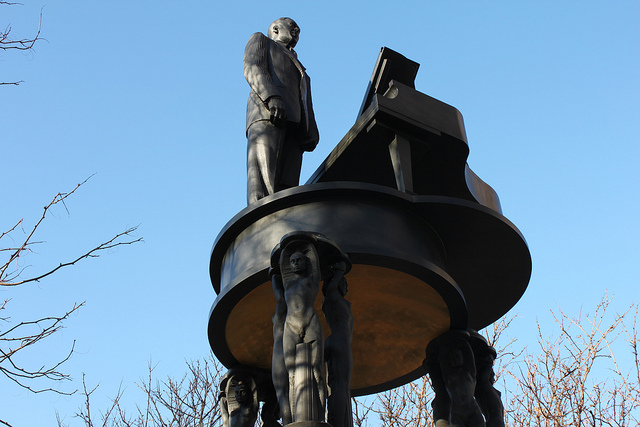If the tire pressure of a vehicle is a safety hazard, might the engine be immobilized after due warning is given to the driver?
I’m thinking more about the "Insurance of Things." I’m not alone.
There’s an increasing amount of speculation about the "Internet of Things," and I’m wondering how this will apply to insurance. With an estimated 15 billion networked devices by 2015 and fridges that can already tell me they have ran out of
eggs, it seems like it’s not a matter of "if," but "when." And a natural extension of that question is, "what does it mean for the insurance industry?"
It’s a difficult topic to comprehend. As an industry, we have few, if any, reference points on which to form a judgment. In fact, outside the insurance sector, we don’t have too many reference points, either. So we may have to start using our imagination.
The natural and easy place to start is in the auto industry, where geospatial devices embedded into vehicles will automatically notify insurers of driver behavior and impacts. (Incidentally, I think this is much more likely than driverless cars, except in theme parks.) The natural extension is into personal devices, and I was intrigued by the announcement by
Michael Kors that it will release a range of jewelry with embedded devices. (Have they thought of the effect on infidelity investigators?)
In commercial insurance, which is often heavily dependent on warrantees, won’t devices help insurers to see that a warrantee has been complied with? On industrial premises, the "system" will know if fire doors were closed out of working hours, or the sprinkler system tested regularly.
But shouldn’t we be bolder in our thinking? Insurers have traditionally thought about moving from being reactive to being proactive. Will the Insurance of Things allow them to undertake that transformation? Will the proliferation of devices eventually allow insurers to move into becoming virtual risk managers, by automatically monitoring the condition of the vehicle, person or property and then "pushing" alerts to the policyholder to take action (or be in breach of the policy conditions)?
And perhaps, with the right permissions in place, might one device "talk" to another and take "active intervention?" If the tire pressure of the vehicle is a safety hazard, might the engine be immobilized after due warning is given to the driver?
How much will the "Insurance of Things" change the traditional insurance model? Who knows, but the good news is that at least we will have some music to play while it all happens. As Duke Ellington put it, "
Things ain’t what they used to be." His style of music might not suit everyone, but he got the title right, at least.


